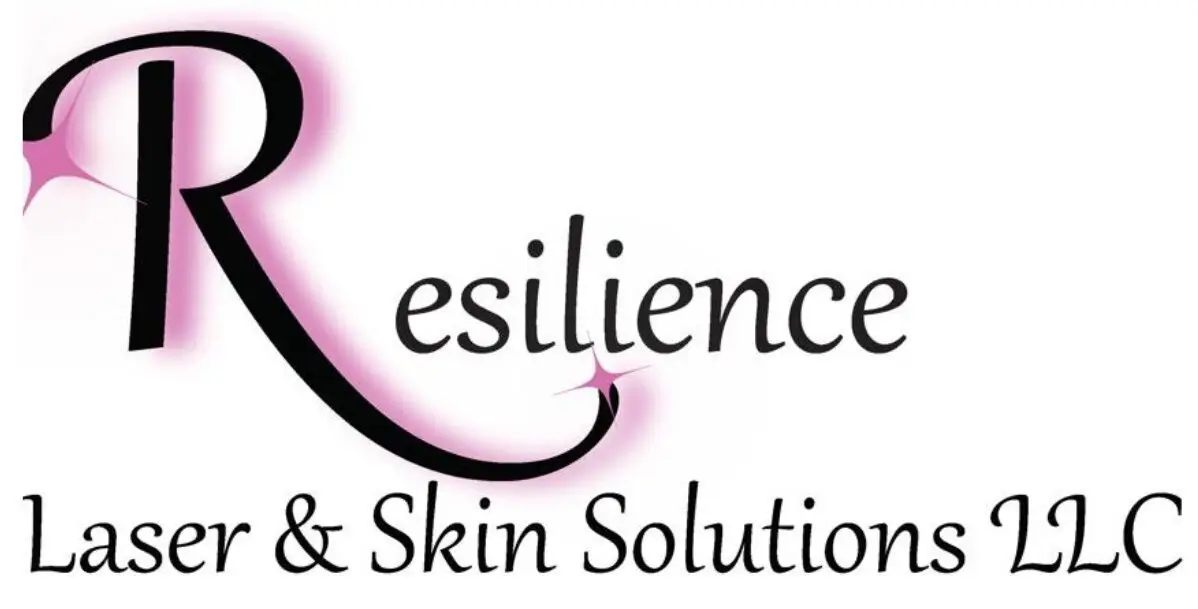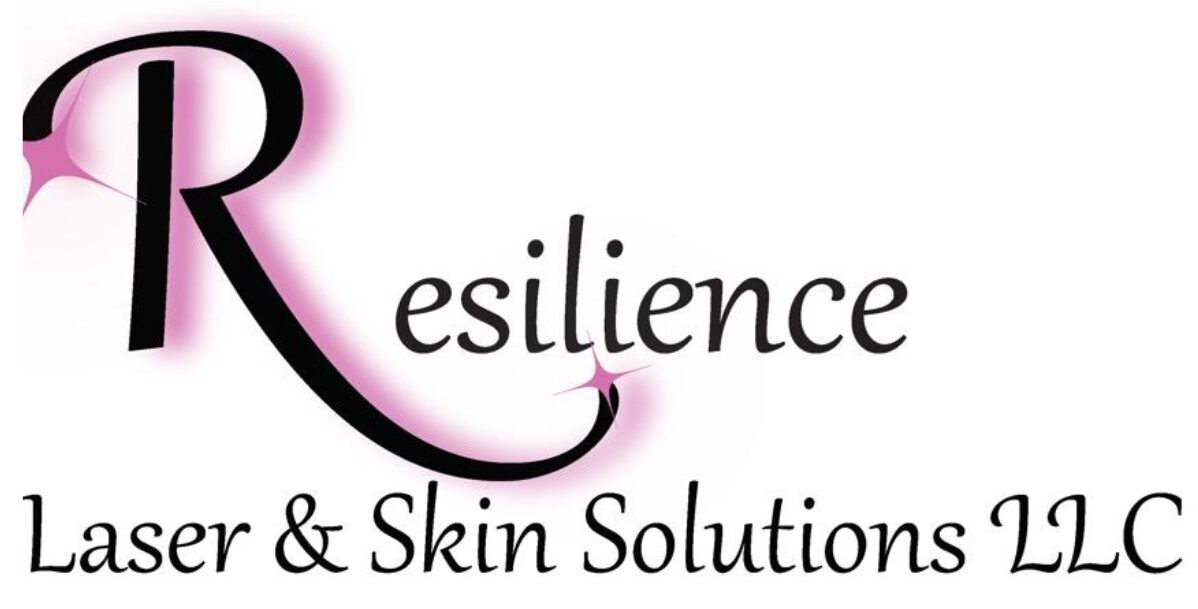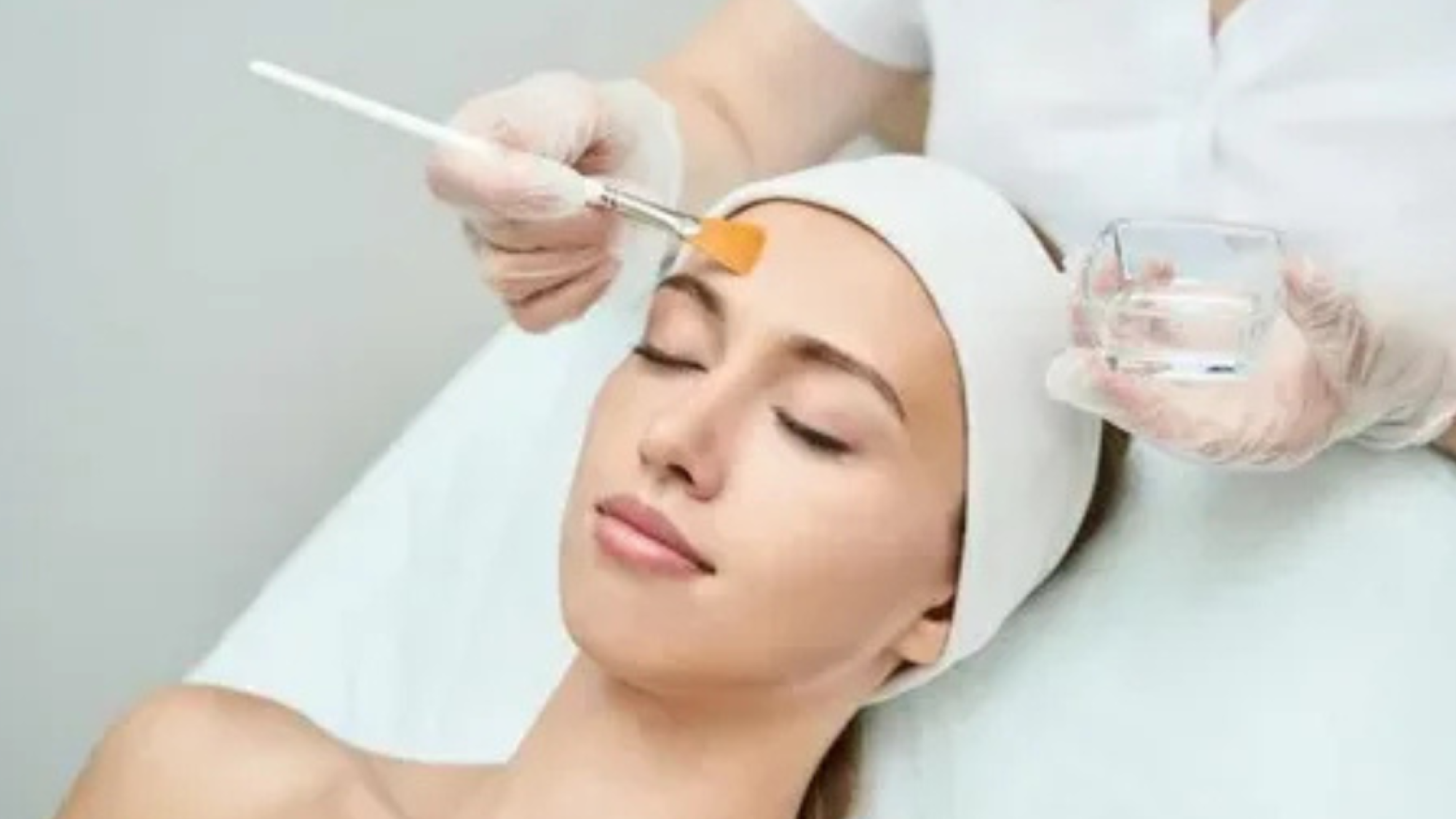Chemical peels are a popular skincare treatment that can improve the texture, tone, and overall look of your skin. Whether you’re dealing with acne, sun damage, wrinkles, or dark spots, chemical peels can help refresh your face and give you smoother, clearer skin. In this guide, we’ll explain what chemical peels are, the different types available, and how to choose the one that fits your skin best. We’ll also answer some of the most common questions people have.
What Are Chemical Peels?
A chemical peel is a skincare treatment where a chemical solution is applied to the skin. This solution causes the outer layer of skin to exfoliate and peel off. The skin that grows back is usually smoother and has fewer flaws. Peels are often done on the face, but they can also be used on the neck and hands.
There are three main levels of peels: light, medium, and deep. Each one works on different layers of the skin, and each has different results and healing times.
Types of Chemical Peels
There are several types of chemical peels, each designed for specific skin issues. Let’s break it down:
Light (Superficial) Peels
These peels use gentle acids like alpha hydroxy acid (AHA) or beta hydroxy acid (BHA). They help remove the outermost layer of skin and are great for mild skin issues like dullness, dry skin, or small breakouts.
Medium Peels
Medium peels use stronger acids like trichloroacetic acid (TCA). They go deeper into the skin and are helpful for sun damage, deeper wrinkles, and acne scars. You may need a few days to heal after this type of peel.
Deep Peels
Deep peels use strong acids like phenol and reach the lower layers of skin. These are used for serious wrinkles, scars, and even precancerous growths. Healing takes longer, and this type is usually done by a doctor.
What Ingredients Are in Chemical Peels?
Each peel uses a specific acid or a combination of acids, depending on what the treatment is for:
- Glycolic Acid: An AHA that helps exfoliate and brighten skin.
- Lactic Acid: Milder than glycolic and good for sensitive skin.
- Salicylic Acid: A BHA that works well for oily and acne-prone skin.
- TCA (Trichloroacetic Acid): Used for deeper peels to treat dark spots and wrinkles.
- Phenol: Very strong, used for serious damage like deep wrinkles.
- Jessner’s Solution: A mix of acids that treats acne, sun damage, and fine lines.
Benefits of Chemical Peels
Chemical peels offer a variety of benefits, depending on the peel type and your skin needs:
- Smoother texture
- Brighter skin tone
- Fewer fine lines and wrinkles
- Reduced acne and acne scars
- Improved skin firmness
- Better product absorption
Your skin will look fresher and healthier after healing from a chemical peel. With regular treatments, results can build over time.
What Are the Risks or Side Effects?
While chemical peels are generally safe, there are some side effects to keep in mind:
- Redness and peeling
- Sun sensitivity
- Swelling
- Skin discoloration (especially in darker skin tones)
- Infection (rare if done properly)
Always follow aftercare instructions and avoid sun exposure right after a peel.
At-Home vs. In-Clinic Chemical Peels
Some light chemical peels can be done at home with over-the-counter products. These are fine for general maintenance but are not as strong or effective as professional peels.
In-clinic peels use medical-grade products and trained professionals. You’ll get better results, a safer experience, and expert guidance on what works best for your skin type.
How to Choose the Right Peel for Your Skin
Everyone’s skin is different. Here are a few things to consider:
- Skin Type: Sensitive or dry skin may do better with mild AHAs. Oily or acne-prone skin often responds well to BHAs.
- Skin Tone: Darker skin tones need gentle treatment to avoid hyperpigmentation.
- Concerns: Fine lines, acne scars, or dullness? There’s a peel for each problem.
- Downtime: Light peels heal in a day or two. Deep peels may take a week or more.
If you’re unsure, consult a licensed expert.
How to Prepare for a Chemical Peel
Getting your skin ready can make a big difference. Here’s how:
- Avoid using retinol or exfoliants for a week before the peel.
- Don’t wax or shave the area to be treated.
- Clean your skin thoroughly before your appointment.
- Use sunscreen daily.
Your skin should be clean, calm, and not irritated before your peel.
Aftercare Tips for Healing Skin
Proper care after a peel helps you heal faster and get better results:
- Don’t pick or peel the flaking skin.
- Keep skin moisturized.
- Use a gentle cleanser.
- Avoid makeup until your skin heals.
- Always wear sunscreen.
Recovery depends on the depth of the peel. Light peels may take a day or two, while deep peels can take weeks.
Real Stories from People Who’ve Tried Chemical Peels
Many people love their results. Here are a few examples:
“I tried a glycolic peel and my skin was glowing after just a few days.”
“My acne scars faded so much after a few medium peels. The downtime was worth it.”
“I was scared of getting a peel on my darker skin, but my provider used a safe formula and explained everything. I saw real improvement in my dark spots.”
Frequently Asked Questions (FAQs)
Do chemical peels hurt?
You may feel tingling or stinging during the treatment, but it’s usually not painful. Deep peels may need numbing.
How often should I get a chemical peel?
Light peels can be done monthly. Medium peels every 2–4 months. Deep peels are usually one-time treatments.
Can people with dark skin get chemical peels?
Yes, but they need to be done carefully to avoid discoloration. Always see a trained expert.
How long does it take to see results?
You’ll notice brighter skin in a few days, but full results may take a week or more.
Where should I go for a chemical peel?
Visit trusted professionals like Resilience Laser and Skin Solutions. They’ll help you choose the right treatment safely.
Final Thoughts
Chemical peels can make a big difference in your skin. They’re safe, effective, and come in different strengths to match your needs. If you’re ready to try one, talk to a professional who knows what they’re doing. Resilience Laser and Skin Solutions is a great place to start your journey to smoother, healthier skin.



Leave Your Comment